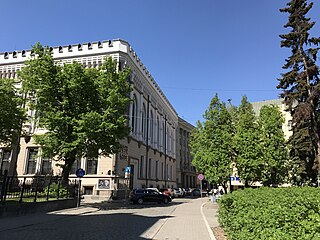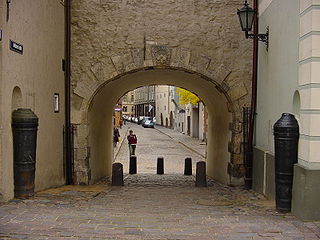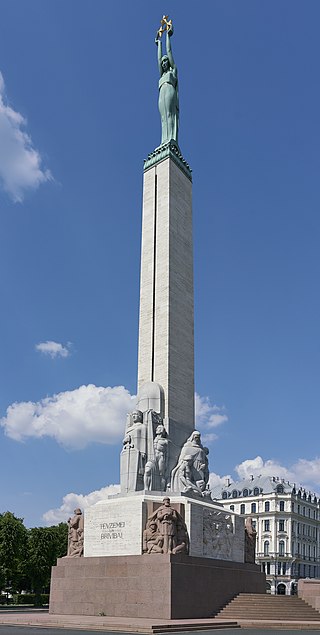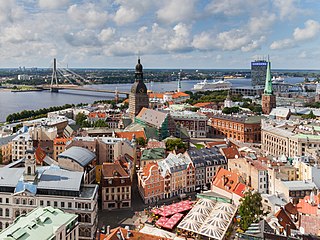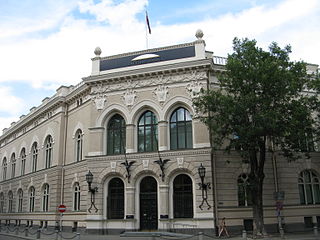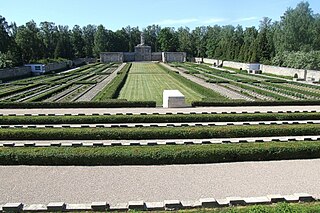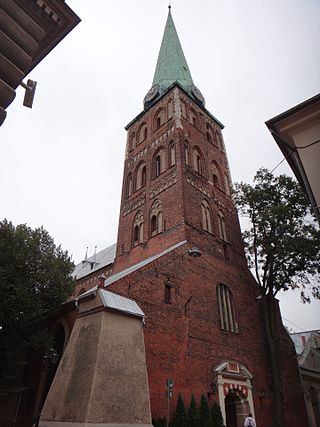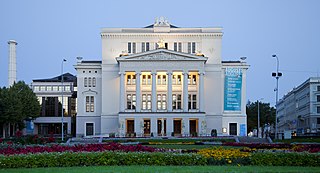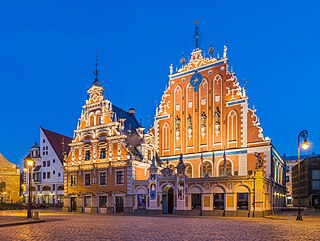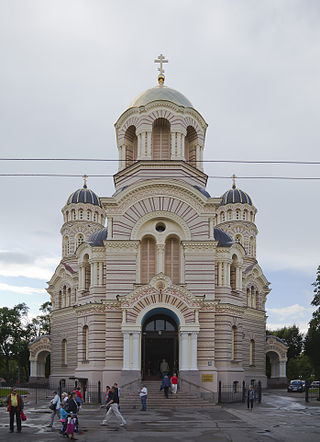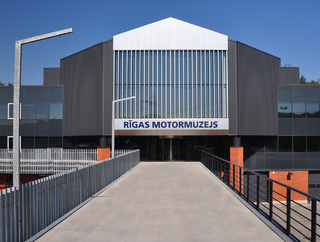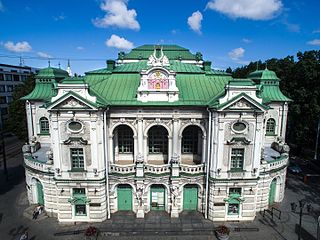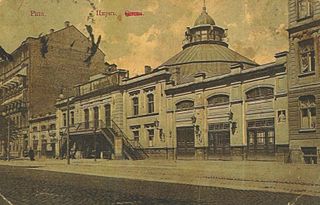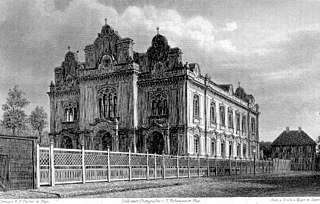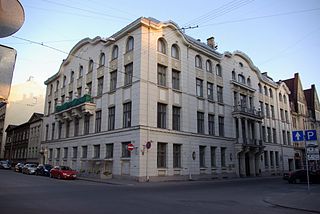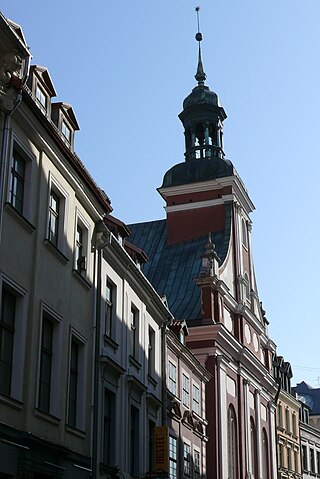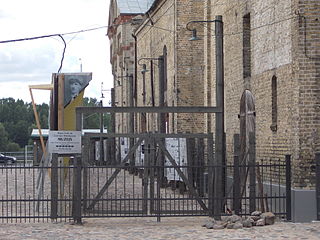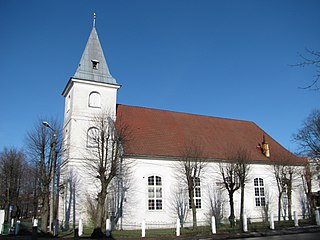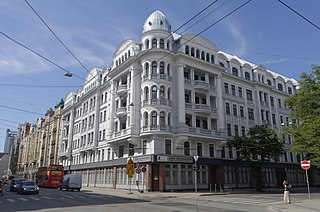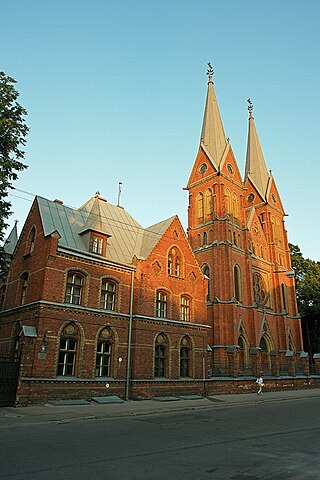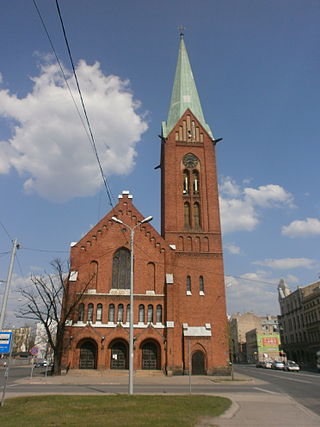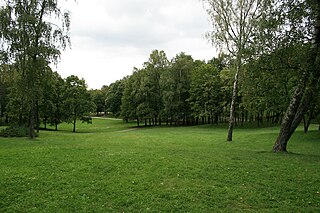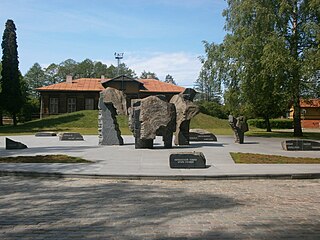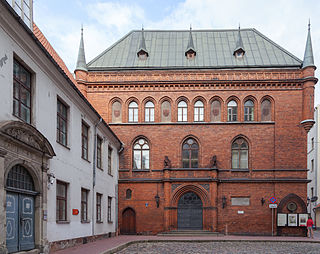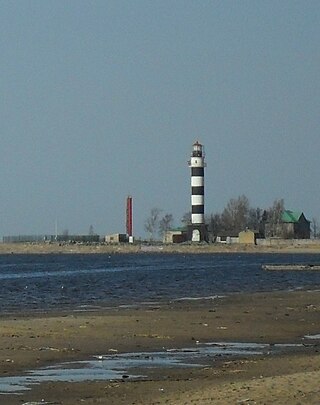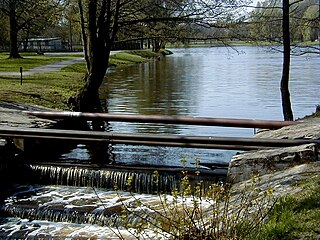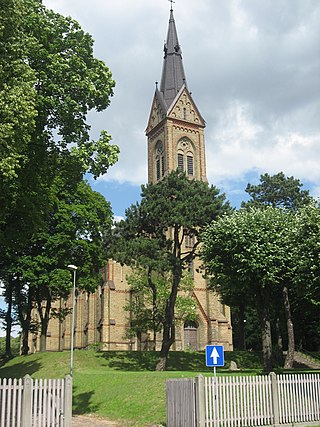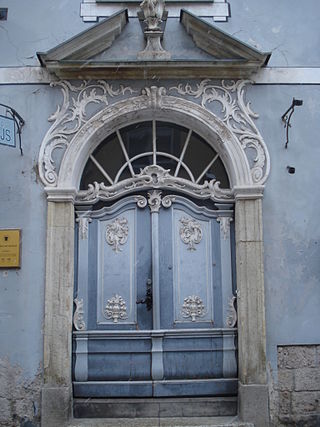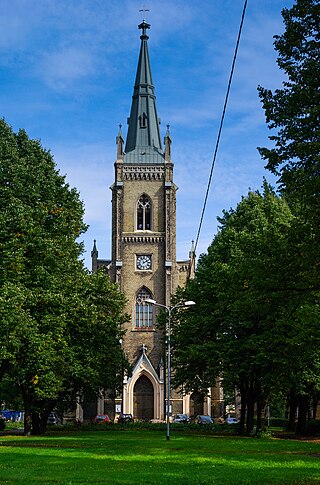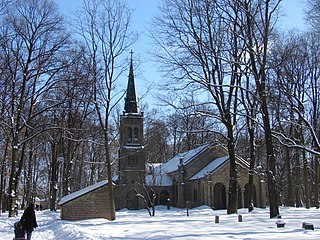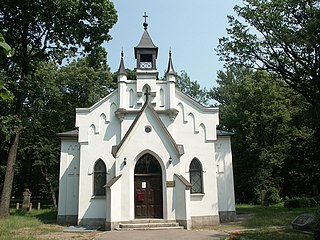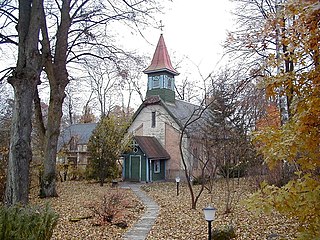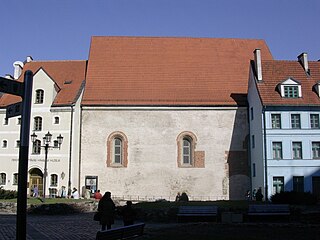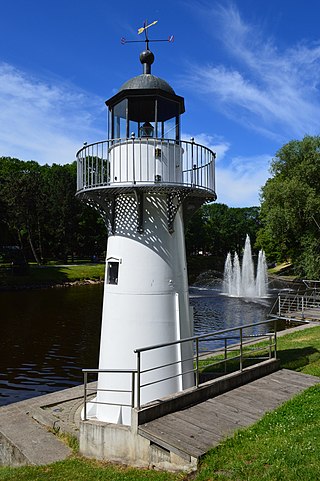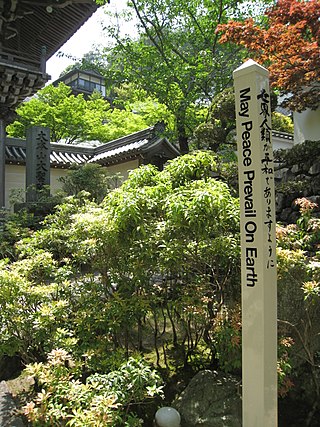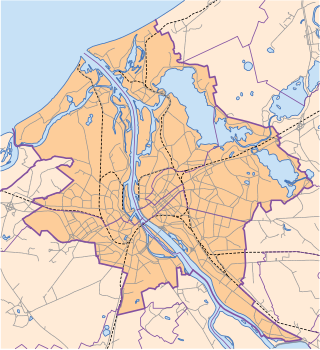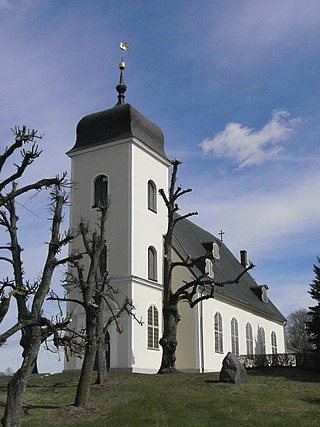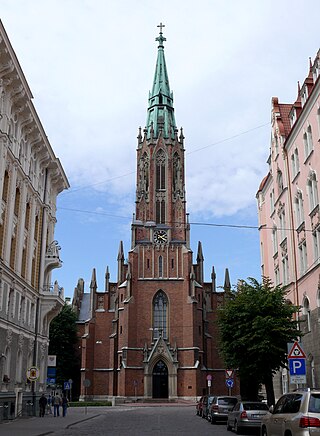41 Sights in Riga, Latvia (with Map and Images)
Legend
Premium Sights
Book tickets, guided tours and activities in Riga.
Guided Free Walking Tours
Book free guided walking tours in Riga.
Welcome to your journey through the most beautiful sights in Riga, Latvia! Whether you want to discover the city's historical treasures or experience its modern highlights, you'll find everything your heart desires here. Be inspired by our selection and plan your unforgettable adventure in Riga. Dive into the diversity of this fascinating city and discover everything it has to offer.
Sightseeing Tours in RigaActivities in RigaThe Large Guild is a building in Riga, Latvia. It is located near Livonian Square on 6 Amatu Street. The Large Guild was erected in the years 1854–1859 and built in English Gothic style with Gothic forms. It is one of the oldest public buildings in the Baltic states. The building is currently used as the Latvian National Symphony Orchestra concert hall.
2. Swedish Gate
The Swedish Gate is situated in Riga, Latvia, and was erected 1698 as a part of the Riga Wall to provide access to barracks outside the city wall. These gates are the only remaining gates from the former eight. They are located on Torņa street 11.
3. Freedom Monument
The Freedom Monument is a monument located in Riga, Latvia, honouring soldiers killed during the Latvian War of Independence (1918–1920). It is considered an important symbol of the freedom, independence, and sovereignty of Latvia. Unveiled in 1935, the 42-metre (138 ft) high monument of granite, travertine, and copper often serves as the focal point of public gatherings and official ceremonies in Riga.
4. Three Brothers
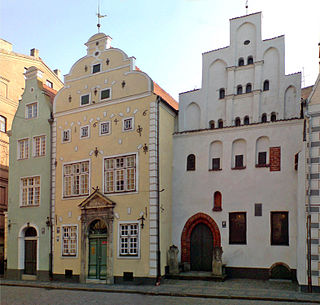
The Three Brothers is a building complex consisting of three houses, situated in Riga, Latvia. The houses together form the oldest complex of dwelling houses in Riga. Each house represents various periods of development of dwelling house construction.
5. Old Riga
Vecrīga is the historical center and a neighbourhood of Riga, Latvia, located in the Central District on the east side of Daugava River. Vecrīga is famous for its old churches and cathedrals, such as Riga Cathedral, St. James's Cathedral and St. Peter's Church.
6. Bank of Latvia
The Bank of Latvia is the Latvian member of the Eurosystem and has been the monetary authority for Latvia from 1922 to 2013, albeit with a long suspension between 1940 and 1992. It issued the Latvian lats (1922-1940), then a Latvian ruble (1992-1993) and second lats (1993-2013). Since 2014, it has also been Latvia's national competent authority within European Banking Supervision. The Bank of Latvia's administration is located in Riga.
7. Māte Latvija
Brothers' Cemetery or Cemetery of the Brethren, also sometimes referred to in English as the Common Graves or simply as the Military Cemetery, is a military cemetery and national monument in Riga, capital of Latvia.
8. St. James's Cathedral
St James's Cathedral is the Roman Catholic cathedral of Riga in Latvia. The cathedral is dedicated to Saint James the Greater. The building is part of the Old Riga UNESCO World Heritage Site and lies directly opposite the House of the Livonian Noble Corporation, the meeting place of Latvia's parliament the Saeima.
Wikipedia: St. James's Cathedral, Riga (EN), Heritage Website
9. Latvian National Opera
The Latvian National Opera and Ballet (LNOB) is an opera house and opera company at Aspazijas boulevard 3 in Riga. Its repertoire includes performances of opera and ballet presented during the season which lasts from mid-September to the end of May. During a typical season, LNOB presents almost 200 performances, including, on average, 6 new productions. The largest is the Great Hall which houses 946 seats, while the smaller ones – the New Hall, the Dress Circle Hall (Beletāžas zāle) and the Red Hall – have a maximum seating capacity of 338, 170 and 100 respectively. LNOB employs a total of approximately 600 people. The building is located on the bank of the Riga Canal, near the Freedom Monument. As of 5 November 2019, the chairman of the board is Egils Siliņš, a world renowned opera singer. The chief conductor since 2013 is Mārtiņš Ozoliņš who is also an associate professor at the Jāzeps Vītols Latvian Academy of Music. The artistic director since 1993 is Aivars Leimanis.
Wikipedia: Latvian National Opera (EN), Website, Heritage Website
10. House of the Black Heads
The House of the Blackheads is a building situated in the old town of Riga, Latvia. The original building was erected in 1334 as a warehouse, meeting and celebration place for merchants. It was the biggest public building of Riga. From mid-15th century it was also used by Brotherhood of Blackheads, a guild for unmarried merchants, shipowners and foreigners in Riga. Major works were done in the early 17th century, adding most of the Mannerist ornamentation. In the 19th century some of the sculptures were made by the workshop of August Volz. Additionally, it is the site of the first decorated Christmas tree, which was erected in 1510.
11. Kristus Piedzimšanas pareizticīgo katedrāle
The Nativity of Christ Cathedral, Riga, Latvia was built to a design by Nikolai Chagin and Robert Pflug in a Neo-Byzantine style between 1876 and 1883, with decorations made by the firm of August Volz, during the period when the country was part of the Russian Empire. It is the largest Orthodox cathedral in the Baltic provinces built with the blessing of the Russian Tsar Alexander II on the initiative of local governor-general Pyotr Bagration and bishop Veniamin Karelin. The Nativity of Christ Cathedral is renowned for its icons, some of which were painted by Vasili Vereshchagin. During the First World War German troops occupied Riga and turned its largest Russian Orthodox cathedral into a Lutheran church. In independent Latvia, the Nativity of Christ Cathedral once again became an Orthodox cathedral in 1921. Archbishop Jānis Pommers, a native Latvian, played a key part in the defence of the cathedral, including defence from the Latvian government which was extremely unfriendly to Orthodox Church in the first years of an independent Latvia. In the early 1960s, Soviet authorities closed down the cathedral and converted its building into a planetarium. The cathedral has been restored since Latvia regained independence from the Soviet Union in 1991.
Wikipedia: Cathedral of the Nativity of Christ, Riga (EN), Heritage Website
12. Riga Motor Museum
Riga Motor Museum is the biggest antique vehicle museum in the Baltic countries, located in Riga, Latvia. The museum is a state agency operating under the Republic of Latvia Ministry of Transport. Since 1992, the museum is a member of International Association of Transport and Communication Museums (IATM–ICOM), since 1994 a member of Latvian Museum Association, since 2002 – a member of Latvian Transport Development and Education Association. The museum is located at 6 Sergeja Eizenšteina Street in the Mežciems neighbourhood of Riga. The museum also features a café and a sports club.
13. Anglikāņu baznīca
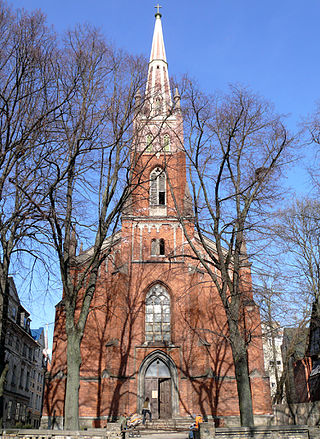
St. Saviour's Church is a congregation of the Church of England in Riga, Latvia. Its parish church is located at Anglikāņu iela 2. This is to the north of the old town centre (Vecrīga), close to Riga Castle and the banks of the Daugava River.
14. Latvian National Theatre
The Latvian National Theatre is one of the leading professional theatres in Latvia. The building is in the eclectic style and is an architectural and artistic monument. The country of Latvia was proclaimed in this building in the year 1918. On 23 February 2002, the theatre celebrated its 100th anniversary. The director of National Theatre of Latvia since 2006 has been Ojārs Rubenis.
Wikipedia: Latvian National Theatre (EN), Website, Heritage Website
15. Riga Circus
The Riga Circus is a circus located at 4 Merkela Street, Riga. It is one of the oldest circus buildings in Europe and the only permanent circus building in the Baltic States. The circus is included in the list of State protected cultural monuments.
16. Rīgas Horālā sinagoga
The Great Choral Synagogue was a Jewish congregation and synagogue, that was located on Gogoļa iela, in the Latgale neighborhood of Riga, Latvia. Designed by Paul von Hardenack in predominately Renaissance Revival style, the synagogue was completed in 1871. It was the largest synagogue in Riga, until it was burned down on 4 July 1941 during the German occupation of Latvia.
17. Jews in Latvia
The Museum “Jews in Latvia” is located in Riga, Latvia. The main tasks of the museum are the research and popularisation of History of the Jews in Latvia, as well as the collection and preservation of evidence regarding the community of Latvian Jews from its beginning until the present time. The museum was founded in 1989. It is part of the Latvian Jewish community and one of the few private museums in Latvia accredited by the state.
18. Reformed Church of Riga
Riga Reformed Church is an ancient Reformed (Calvinist) church at 10 Mārstaļu Street, Old Riga. Currently, the church building belongs to the Latvian Evangelical Lutheran Church and the LELB Youth Center has been installed in it. The building is an architectural monument of national importance. It is a baroque one-dimensional stone building with a wooden covering, a high gable roof facing Mārstaļu Street, crowned by a small turret with a dome and a gallery. The façade is rhythmically divided by pilasters located on a high plinth, while the so-called Morning Star is located on the spire of the building's tower. The sandstone entrance portal was created in Bremen and installed in 1737. In the entrance lobby there are two wooden staircases, but in the ceiling of the walls of the hall the original division of pilasters – the mirror vault – has been preserved. With the pulpit, the combined altar and organ balcony were built in 1805 in the style of classicism. In 1783, the organ of the firm of Heinrich Andreas Concius was installed, and in 1847 the organ of the firm of Schulze.
19. Riga Gheto and Latvian Holocaust museum
The Riga Ghetto and the Latvian Holocaust Museum is a museum in Riga. Opened on September 21, 2010, it is the second ghetto museum in the post-Soviet countries [reference needed]. The museum is located in the historic spikers of the Riga Central Market, Lastadijas street 14a.
20. Vadošā gaisma Baltā baznīca
The Baltā baznīca lighthouse is located in the Riga district of Vecmīlgrāvis (German: Alt-Mühlgraben) and consists of three units: the orange signal light, which comes almost southwardly from a church tower window, and two beacons with signal lights in the direction of the harbour on the Daugava.
21. KGB Building Corner House
The Corner House is a historic building in the city center of Riga, Latvia. It was known as the headquarters of the Soviet KGB in Latvia from 1940 to 1941 and from 1944 to 1991. The official address is 61 Brīvības iela.
22. Rīgas Svētā Franciska Romas katoļu baznīca
St. Francis Church is a Roman Catholic church in Riga, the capital of Latvia. The church is situated at the address 16 Katoļu Street in the Maskavas Forštate neighborhood. The building was consecrated in 1892 by Franciszek Albin Symon, the auxiliary bishop of Mohilev.
23. Rīgas Jaunā Svētās Ģertrūdes baznīca
St Gertrude New Church is a Lutheran church in Riga, the capital of Latvia. It is a parish church of the Evangelical Lutheran Church of Latvia. The church is situated at the address 119 Brīvības Street.
Wikipedia: St Gertrude New Church, Riga (EN), Website, Heritage Website
24. Dzegužkalns
Dzegužkalns is a 1 km long and 0.3 km wide rampart dune in Riga, Ilguciems, on the sandy plain of the Baltic Ice Lake. It is the highest natural hill in Riga; the highest point is located at the northern end of the dune, relative height 16–18 m. In 2015, when arranging the territory on the site of the former Pļavnieki dump, an artificial mountain about 33 meters high (Dreiliņkalns) was created, which is higher than Dzegužkalns.
25. 1941
Torņakalns Memorial to Victims of Communist Terror is a monument located at Torņakalns Station in Riga, Latvia. The memorial place is dedicated to the residents of Latvia who were deported in June 1941.
Wikipedia: Torņakalns Memorial to Victims of Communist Terror (EN)
26. Museum of the history of Riga and navigation
Museum of the History of Riga and Navigation is housed by the Riga Dom Cathedral ensemble in the heart of the Old Riga, Latvia. It originated in 1773 as a private collection of Nikolaus von Himsel, a Riga doctor. It is the oldest museum in the Baltic States. Being one of the oldest museums in Europe, over the centuries it has grown into the largest collection of material evidence of the history of Riga.
Wikipedia: Museum of the History of Riga and Navigation (EN), Website
27. Daugavgriva lighthouse
Daugavgrīva Lighthouse is a lighthouse located in Daugavgrīva on the Bay of Riga on the Latvian coast of the Baltic Sea. The lighthouse was built in 1956, located next to Daugava River. Due to the change in the river's course, several lighthouses have been built, destroyed, and rebuilt again over the course of history.
28. Māras dārzs
Māra dzirnavu pond is an artificial water reservoir in Riga on Mārupīte between Torņakalns and Āgenskalns. The banks of the pond are flat, the bottom muddy. Runoff is regulated by the floodgates. Dwells linseed, pike, perch, carp, roach, carrion, crayfish.
29. Torņakalna baznīca
Church of Luther, or Torņakalns Church after its geographical location in Torņakalns, is a Lutheran church in Riga, the capital of Latvia. It is a parish church of the Evangelical Lutheran Church of Latvia. The church is situated at the address 3/5 Torņakalns Street.
30. Pharmacy Museum
The Latvian Museum of Pharmacy is a medical museum in Riga, Latvia. It was founded in 1987 in association with the Pauls Stradins Museum for History of Medicine and is located on Richard Wagner street in an18th century building which itself is an architectural monument. The museum is dedicated to understanding the development of pharmacy and pharmacies in Latvia and contains documents and books from the 17th- 19th century, pharmacist tools and devices for preparing drugs, and drugs which were manufactured in Latvia in the 1920s and 1930s
31. Svētā Pāvila baznīca
St. Paul's Lutheran Church is a Lutheran church in Riga, the capital of Latvia. It is a parish church of the Evangelical Lutheran Church of Latvia. The church is situated at the address 1 Augusta Deglava Street.
Wikipedia: St. Paul's Lutheran Church, Riga (EN), Website, Heritage Website
32. Church of the Resurrection
Church of the Resurrection is a Lutheran church in Riga, the capital of Latvia. It is a parish church of the Evangelical Lutheran Church of Latvia. The church is situated at the address 4 Klusā Street.
33. Kristus Evanģēliski luteriskā baznīca
Church of Christ is a Lutheran church in Riga, the capital of Latvia. It is a parish church of the Evangelical Lutheran Church of Latvia, under the episcopal authority of the Archbishop of Riga. The location where the church meets is situated at the address 1 Mēness Street.
34. Mežaparka baznīca
Mežaparks Lutheran Church is a Lutheran church in Riga, the capital of Latvia. It is a parish church of the Evangelical Lutheran Church of Latvia. The church is situated at the address 1 Roberta Feldmaņa Street. Worship is offered in both Latvian and Russian languages.
35. Museum of Decorative Arts and Design
The Latvian Museum of Decorative Arts and Design is an arts museum in Riga, Latvia. The museum was established on 1 January 1989 and opened to the public on 6 July 1989. It is located in the former church St. George's Church, Riga, the oldest surviving stone building in Riga.
Wikipedia: Latvian Museum of Decorative Arts and Design (EN), Website
36. Latvian Railway History Museum
Latvian Railway History Museum is a railway museum with expositions in Riga and in Jelgava, dedicated to the history of railway and its development in Latvia. The museum is a structural unit of the national railroad company, "Latvijas dzelzceļš". The museum has the largest collection of wide-gauge vehicles in the Baltics.
37. Mangaļsalas bāka
The Mangaļsala lighthouse is a former lighthouse on the eastern pier of the Daugava estuary. It was in operation until 1998 and was replaced by a 7-meter-high metal tower. Now it is erected as a decorative monument on the city canal in the former "Schützengarten". The name is reminiscent of the former location on Magnusholm.
38. Peace Pole
A peace pole(世界平和祈願柱) is a monument that displays the message "May Peace Prevail on Earth" in the language of the country where it has been placed, and usually 3 to 13 additional translations. The message often is referred to as a peace prayer.
39. St. Mary Magdalen's Church
St. Mary Magdalene Roman Catholic Church and Monastery in Riga is a Roman Catholic Church church at Klostera Street 2, Old Riga. An architectural monument of national importance of the 13th–17th centuries. Services are held in Latgalian, Latvian and English.
Wikipedia: Rīgas Svētās Marijas Magdalēnas baznīca (LV), Heritage Website
40. Biķeru Svētās Katrīnas baznīca
Biķeri St. Catherine's Evangelical Lutheran Church is a church of the Latvian Evangelical Lutheran Church at 59 Old Biķernieku Street, Riga, Latvia. The church was built in the late Baroque style from boulders, bricks and plastered. Next to the church there is an ancient cemetery.
41. Vecā Ģertrūdes baznīca
The Old St. Gertrude's Evangelical Lutheran Church in Riga is a church of the Latvian Evangelical Lutheran Church in Riga, at the intersection of Ģertrūdes and Baznicas streets, built according to the project of the architect Johann Daniel Felsko in 1864–1869. The church building was consecrated on March 2, 1869.
Wikipedia: Rīgas Vecā Svētās Ģertrūdes Evaņģēliski luteriskā baznīca (LV), Heritage Website
Share
Disclaimer Please be aware of your surroundings and do not enter private property. We are not liable for any damages that occur during the tours.
